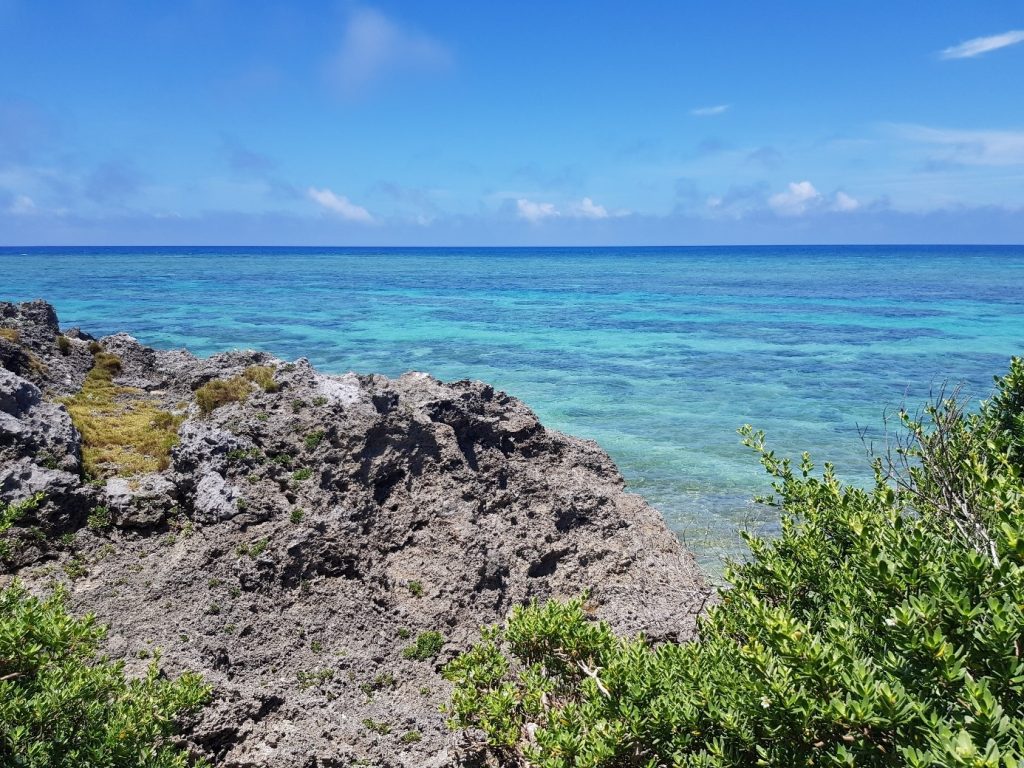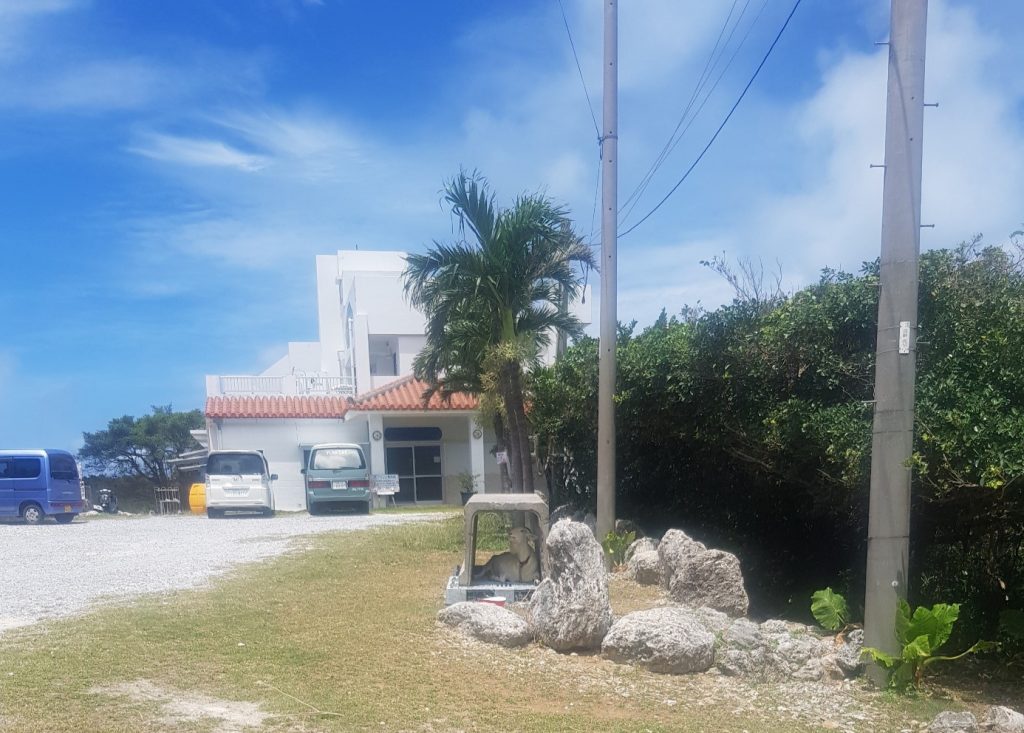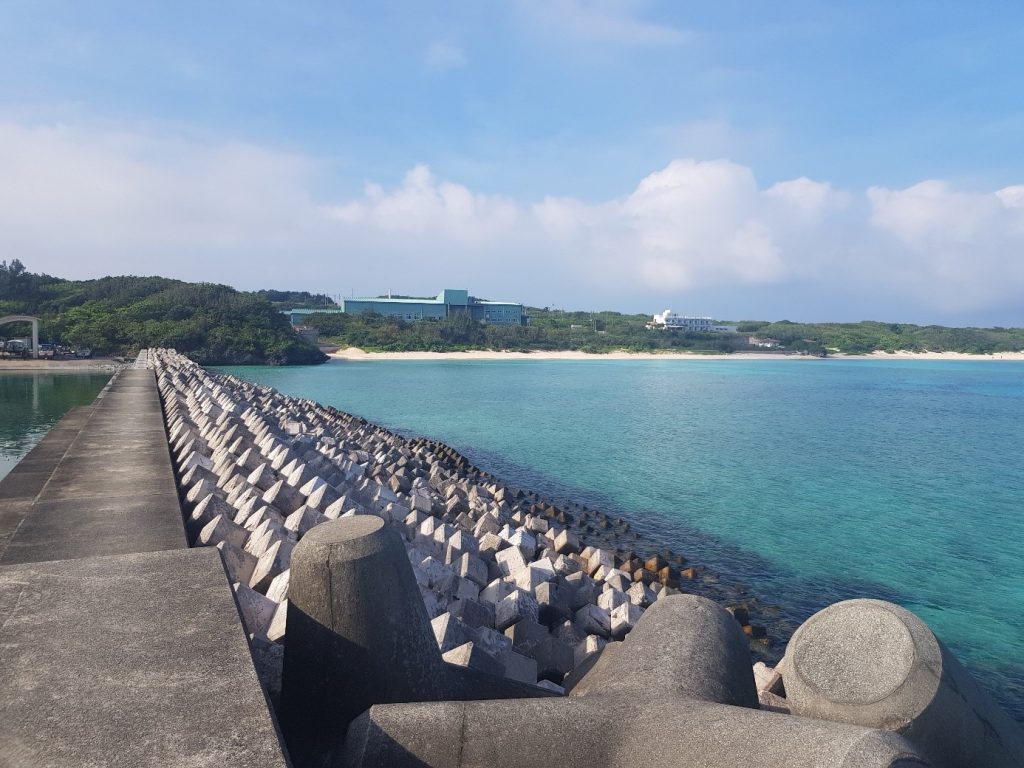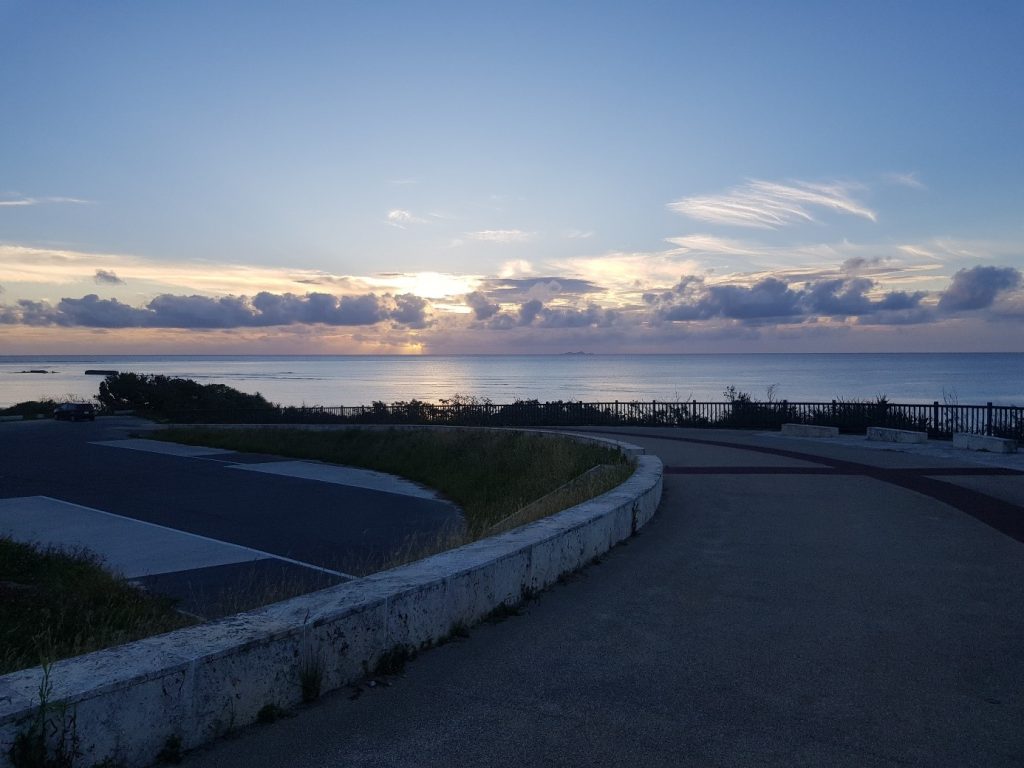by Jasper Domanowski
Rural outmigration is a perennial issue in Japan as the rural population ages and young people move to the cities. To combat this, both the Japanese central government and local governments are promoting projects to attract urban dwellers to move to rural areas and help ‘revitalize the countryside’. Previous studies on ijūsha (urban-rural migrants) have covered a variety of strategies and incentives used to promote this goal. A previous post on this blog, “Japan’s transnational countryside” by Cornelia Reiher, points out that there are certain experiences that many people who choose to leave the city for a rural life have in common, such as having experienced life and cultures outside of Japan. These experiences may contribute to the ijūsha‘s decision to move to the countryside, whether in the hope of contributing to the revitalization of rural areas or to escape the rigid structures of Japanese society. I would like to offer another example to show the relevance of the mobility of urban-rural migrants in Japan.

Copyright © Jasper Domanowski 2023
In 2023 I spent ten months in Japan on a working holiday. After three months of teaching in the middle of Tokyo, I was longing to get out of the city for a while. In June 2023, my search for a rural host family led me to one of Okinawa’s southern islands, where I stayed with a lovely couple and their pre-school son for two and a half weeks. My host family ran a small izakaya and inn, one of only a handful on the entire island, and every evening the designated rooms filled with customers who greeted them like old friends. During the day, local parents sometimes stopped by to drop off friends of my host family’s son, and stayed for a while to chat while the kids played in the yard. The main waitress was Ami, a young woman my age who had left her unfulfilling job and failing relationship in Tokyo to work full-time at the izakaya for a year to find herself and figure out what she wanted in life. She said she wanted to travel to Australia after that, but could see herself settling down on the island in a few years’ time.

Copyright © Jasper Domanowski 2023
The story of my host mother, Yumiko, is somewhat typical of that of an ijūsha: She told me that she was born and raised in Saitama in a typical Japanese family, with her parents working in Tokyo. She had spent a year abroad in Canada (making her the only fluent English speaker around), although she returned to Saitama for university. There she made friends with a girl from Okinawa and was invited to spend the next school holidays there. She told me that she immediately fell in love with the island. It became her favourite place to go on holiday, and after that first visit she returned whenever she could. It was on one of these visits that she met her future husband through mutual friends. They kept in touch after the holiday, made easier by the fact that he also lived in Saitama, not far from her home. While they were dating, they visited the island together many times, and with each visit, the feeling they both shared grew stronger: they wanted to leave the city and live on the island permanently. Neither was happy with the standardised life they were ‘supposed’ to lead as Japanese citizens, especially Yumiko, who had experienced such a different way of life during her time abroad. This was compounded by the fact that they already did not fit the mould: they had married “too late” and had no children (yet). So they started saving money and preparing for their big move. The island is small, and thanks to their frequent visits – often several times a year – they had made connections with locals who were happy to help them organise and settle in.

Copyright © Jasper Domanowski 2023
Despite this help, it was difficult at first. The buildings on the land they bought needed serious work to make them not only habitable but also weatherproof. Building materials were scarce on the island and had to be brought in by ferry. They did most of the work themselves, with the help and guidance of a few local men who had decades of experience building and repairing houses on the island. Yumiko’s husband often had to travel back to Tokyo for extended periods of time to work in his office, and could not give up his job while their new home was still unfinished. But the hardship was worth it, she told me. They opened the izakaya and inn as they had hoped, allowing her husband to leave his office job in Tokyo for good. In 2018, they had their son, born in the hospital across the island and raised on the island with half a dozen other children.

Copyright © Jasper Domanowski 2023
Nowadays, Yumiko still keeps the connection to life outside Japan alive, by allowing people like me – those hoping to experience Japan outside of Tokyo and away from tourist spots – to live with their family for a few weeks. Even without travelling abroad, the entire family is in frequent exchange with diverse and international perspectives. Yumiko greatly valued how her time spent away from Japan had given her a new perspective on life. She hopes that the contact to foreigners like me will inspire a similar mindset in her son – to allow him to choose the direction of his life freely, less restricted by societal expectations. While of course merely anecdotal evidence, I believe Yumiko’s story greatly speaks for the importance of a person’s history of mobility when it comes to ijūsha’s and their motivations for moving to the countryside.
Jasper Domanowski is a student in the BA program in Japanese Studies at the Freie Universität Berlin.
